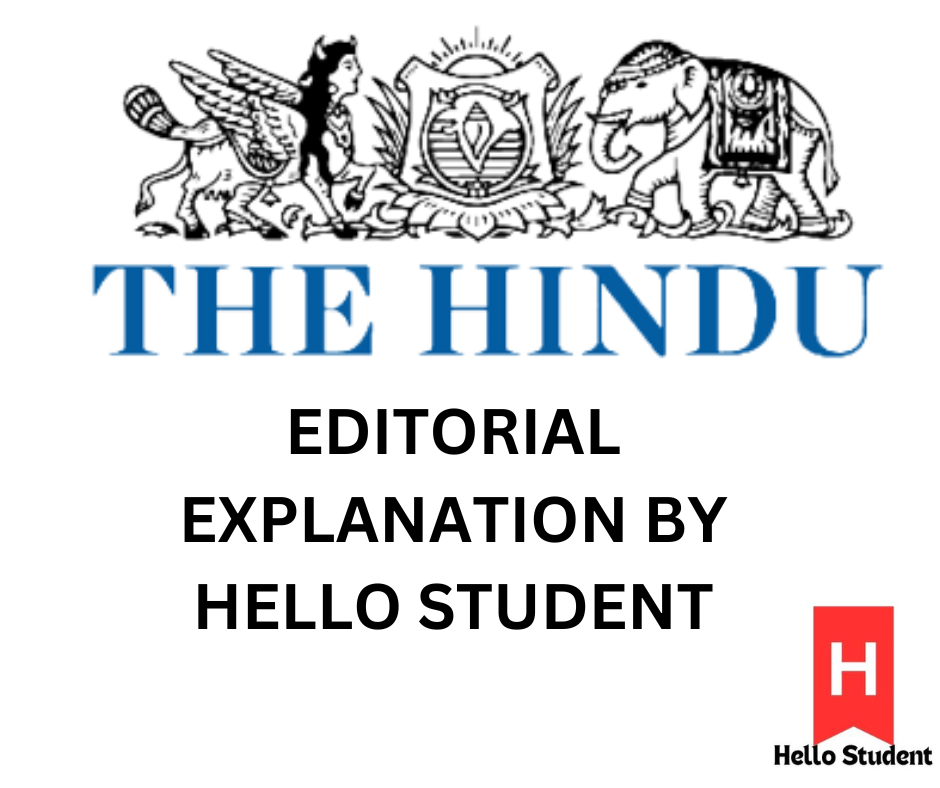Table of Contents
This article is about China’s recent decision to limit the export of antimony, a vital mineral used in defence technology, including missiles, ammunition, and even nuclear weapons. China made this announcement on August 15, 2023, and said the restrictions would start on September 15, citing “national security” as the reason. However, this move is part of a bigger pattern of actions China has been taking concerning important minerals.
China’s Role in the Global Mineral Supply
China plays a huge role in the global supply of critical minerals. These minerals are essential for industries like defence, technology, and green energy. China dominates the entire process, from mining to refining and processing these minerals. For example, China controls around 60% of the world’s production of rare earth elements and 80% of the processing. This gives China a lot of power over other countries, like the United States, Japan, India, and the European Union, which depend on these minerals for their industries and national security.
China’s History of Using Minerals as a Political Tool
China has a history of using its control over minerals to influence other countries. In 2010, after a conflict between a Chinese fishing boat and Japanese Coast Guard boats, China stopped exporting rare earth minerals to Japan. This move raised alarms worldwide about China’s dominance in critical minerals. More recently, in 2023, after the U.S. and its allies imposed restrictions on semiconductor technology, China responded by limiting the export of minerals like gallium and germanium, which are used in products like solar panels and computer chips. Similarly, after the U.S. placed export controls on advanced computer chips, China restricted the export of materials used in electric vehicle (EV) batteries and nuclear reactors.
These actions show that China is willing to use its control over critical minerals as leverage in global politics, especially in response to actions from Western countries. If pressured, China has shown it can “weaponize” the supply of these minerals to hit back at its rivals.
China’s Growing Aggressiveness
China’s latest actions are part of a shift in how it uses its mineral resources. At first, China used its mineral power mainly to intimidate other countries. Now, it’s using these resources as part of its broader foreign policy strategy. There are two main reasons for this shift:
- China wants to remind Western countries of how much they rely on it for critical minerals.
- China sees an opportunity to disrupt the West’s supply chains for high-tech industries, making it harder for them to develop advanced technologies like electric vehicles and military equipment.
China’s restrictions on these minerals are particularly targeted at industries that use them for both civilian and military purposes. For example, materials like rare earth elements are needed to build advanced military equipment, such as submarines and fighter jets. By limiting access to these materials, China is hitting back at the West where it hurts most—its defence and high-tech industries.
Impact on India
Like other countries, India is also vulnerable because of its dependence on China for critical minerals. India imports a lot of minerals like lithium, nickel, cobalt, and copper, which are important for making electric vehicles, batteries, and other technologies. In 2023 alone, India spent around ₹34,000 crore on these imports, and its need for minerals is only expected to grow. This makes India strategically dependent on China for these resources.
This situation is a wake-up call for India to take steps to reduce its reliance on China. India needs to build partnerships with other countries and invest in developing its supply chains to avoid being too dependent on one source, especially as China continues to tighten its grip on these critical resources.
Conclusion
In summary, China’s decision to restrict the export of antimony is just the latest in a series of moves where it is using its control over critical minerals as a political tool. This has global implications, especially for countries like the U.S., Japan, and India, which rely on these minerals for their industries and national security. As China grows more comfortable using these resources to gain an advantage, other countries are being forced to find alternative sources and take action to reduce their dependency on China.
.
.
.
.
join our telegram channel for regular updates of The Hindu Epaper Editorial Explanation-https://t.me/Thehindueditorialexplanation
The Hindu Epaper Editorial Explanation given by Hello Student is only a supplementary reading to the original article to make things easier for the students.
In conclusion, preparing for exams in India can be a daunting task, but with the right strategies and resources, success is within reach. Remember, consistent study habits, effective time management, and a positive mindset are key to overcoming any academic challenge. Utilize the tips and techniques shared in this post to enhance your preparation and boost your confidence. Stay focused, stay motivated, and don’t forget to take care of your well-being. With dedication and perseverance, you can achieve your academic goals and pave the way for a bright future. Good luck!
The Editorial Page of The Hindu is an essential reading for all the students aspiring for UPSC, SSC, PCS, Judiciary etc or any other competitive government exams.
This may also be useful for exams like CUET UG and CUET PG, GATE, GMAT, GRE AND CAT
To read this article in Hindi –https://bhaarat.hellostudent.co.in/

